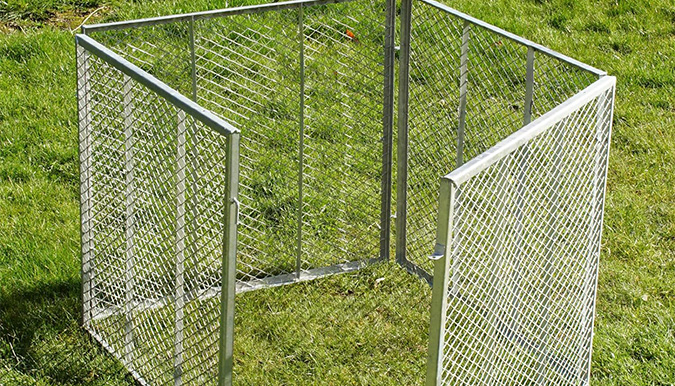agricultural fencing wire
Nov . 11, 2024 11:07
Agricultural Fencing Wire Ensuring Livestock Safety and Crop Protection
Agricultural fencing wire is an essential component for farms and ranches, playing a crucial role in the management of livestock and the protection of crops. In an era where sustainable farming practices are becoming more critical, the importance of high-quality fencing cannot be underestimated. This article delves into the various types of agricultural fencing wire, their applications, and the factors to consider when choosing the right fencing for agricultural needs.
Types of Agricultural Fencing Wire
There are several types of agricultural fencing wire available, each designed for specific purposes. The most common types include
1. Barbed Wire This type of wire features sharp barbs at regular intervals. It is primarily used for enclosing pastures and keeping large animals like cattle and sheep contained. Barbed wire effectively deters both livestock from escaping and potential intruders from entering the property.
2. Electric Fencing Wire Electric fencing has gained popularity due to its effectiveness in controlling livestock movement without cumbersome physical barriers. It consists of a series of conductive wires that deliver a mild electric shock when touched. This type of fencing is versatile and can be used for various farm animals, making it an excellent choice for rotational grazing systems.
3. Field Fence Also known as woven wire fencing, field fences are designed to contain sheep, goats, and other small animals. They consist of vertical and horizontal wires woven together, forming a sturdy barrier that can withstand the push and pull of animals. Field fences can also be customized in height and spacing to accommodate different species.
4. Chain Link Fencing Although not as common in agricultural settings as other types, chain link fencing is sometimes used for specific applications, such as enclosing gardens, orchards, or areas designated for specific crops. It provides visibility and security while allowing airflow and sunlight to penetrate.
Applications of Agricultural Fencing Wire
Agricultural fencing wire serves multiple purposes, including
- Livestock Containment Maintaining the safety of livestock is paramount for any farm. Fencing prevents animals from wandering off into dangerous areas or onto roadways, thereby reducing the risk of accidents.
agricultural fencing wire

- Crop Protection Fencing also plays a vital role in protecting crops from wildlife and stray animals
. Many farmers use fencing around gardens and orchards to prevent deer, rabbits, and other pests from accessing their produce.- Grazing Management Effective fencing is essential for rotational grazing practices, where livestock are moved between different pastures for better land management. By using versatile fencing solutions, farmers can maximize pasture health and improve soil fertility.
- Perimeter Security Agricultural fencing wire is critical for establishing property boundaries and ensuring the security of valuable assets. By keeping out trespassers and potential thieves, farmers can protect their livestock, equipment, and crops.
Considerations When Choosing Fencing Wire
Selecting the right agricultural fencing wire involves several considerations. Firstly, farmers need to assess the specific needs of their livestock and crops. For example, larger animals may require sturdier barbed wire, while smaller animals might be better suited for woven wire fences.
Secondly, the local environment plays a significant role in the choice of fencing material. Areas prone to extreme weather conditions, such as high winds or heavy snowfall, may necessitate stronger, more resilient fencing options.
Cost is also a critical factor. While investing in high-quality fencing may seem daunting initially, it can save money in the long run by reducing repairs and replacements. Farmers should consider the longevity and maintenance requirements of different fencing materials.
Lastly, local regulations and zoning laws should be taken into account. Certain areas may have specific restrictions regarding the type of fencing that can be installed, especially near public roads or water bodies.
Conclusion
In summary, agricultural fencing wire is a fundamental aspect of modern farming, ensuring livestock safety and crop protection. By understanding the various types of fencing available and their applications, farmers can make informed decisions that enhance their agricultural practices. Investing in quality fencing not only secures a farm but also promotes sustainable farming and protects the future of agriculture. Whether it's for livestock containment, crop protection, or perimeter security, the right fencing solution is crucial for effective farm management.




















